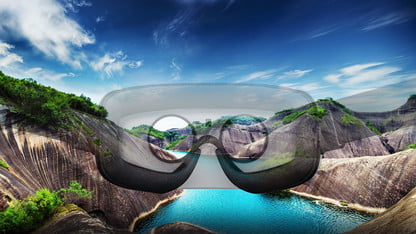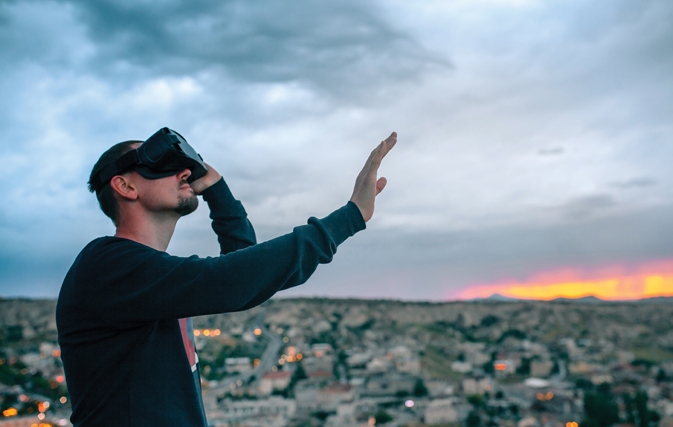A new study by Hilton Honors reveals that one in two travelers (50 percent) would immerse in virtual reality (VR) or augmented reality (AR) tours of their destination to get inspiration for their holidays. According to the study, VR and AR are the most-considered sources of travel inspiration for the future, outstripping other sources, such as recommendations from locals (44 percent) and word of mouth (37 percent).
The research study, in conjunction with research and insights company ENGINE, surveyed 2,300 travelers aged between 20-45 in 11 Asia Pacific countries and segmented by life stage. The study explored the travel motivations, aspirations and expectations of the region’s most active travelers, comprising an extensive quantitative survey and in-depth interviews with Gen Y travel tastemakers.

The hospitality industry is seeing the rapid rise of cutting-edge technologies that have the ability to inspire, inform and improve all aspects of the travel experience, and the study’s respondents similarly anticipated future technologies to be game changers, such as:
• Two in five (39 percent) surveyed see VR and artificial intelligence (AI) as key sources that could help build knowledge among travelers in the future. With this, travelers could literally be stepping into and seeing the destination before arriving, in order to make savvy, learned decisions from the start.
• Virtual and inanimate influencers are also increasingly being considered as a valuable source of curated/branded advice, and 45 percent of respondents would consider adopting this as part of how they source information to decide on a destination.
• Additionally, two in five travelers believe that the use of VR and AR could help make travel more fun in the future.
The study also reveals the untapped potential of AI, especially with younger travelers, who seek individualized experiences, and put together their trips almost exclusively via digital means – 54 percent of youths believe AI improves their travel experience, and 49 percent of youths believe AI helps them build knowledge. This enables travelers to focus on actual adventures and experiences, and less on the planning phase. Additionally, the study found that 39 percent of travelers perceived AI and 40 percent perceived Smart Sensors to be able to impact their overall travel experience most significantly in future.
“Technology needs to be leveraged to enhance the in-hotel experience, in order for us to offer guests exactly what they want,” said Sarah Somerville, senior director, customer engagement, loyalty and partnerships, Asia Pacific at Hilton. “Guests today expect integrated and personalized digital interactions across channels throughout their travels, which is why digital innovation is playing an increasingly critical role in ensuring a steady stream of new guests, and loyal guests that repeatedly stay with us time and again.”
The study also reflects travelers’ shifting expectations with regard to the use of digital innovations, due to the rise new technologies like AR, VR and AI being integrated into travel experiences:
Over half (51 percent) of APAC travelers feel that hotel brands could adopt more tech-related services to enhance every aspect of their travel experience, including:
• Those that ‘speed up their check-in’ and “manage their whole trip better”
• An overall more seamless travel experience, in the areas of: Ease of rebooking missed flights and managing reservation
• Push alerts to guests’ mobile devices when needed
• Some 44 percent of APAC travelers think technology should be used “to inspire me on where to go at the destination.”
































































































































































































































































































Get Social